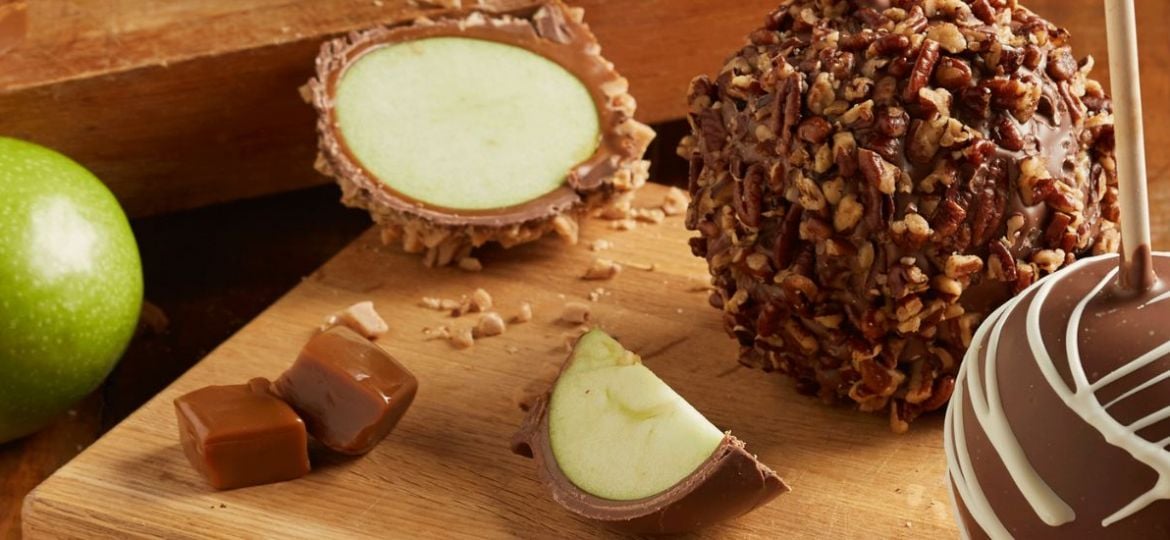
The Origin of this Juicy Tradition
Teacher Appreciation Week is here, and while there are many ways to show gratitude towards the hard-working educators in our lives, one tradition that has stood the test of time is giving teachers apples & apple-themed gifts. But how did this come to be? Let’s explore the crisp history.
From Farm to Schoolhouse
The practice of giving apples to teachers can be traced back to the early 19th century in the United States. In rural communities, where cash was scarce, some families would pay their children’s teachers with food instead. Apples were a popular choice because they were abundant and easy to transport for these farm families. At the same time, education was becoming increasingly important, and teachers were seen as role models and mentors. The simple gesture of gifting a sweet, juicy apple let them know you respect their hard work.
The Symbol of the Apple
Over time, the humble apple took on a more symbolic meaning. Apples were seen as a representation of knowledge and wisdom, and by giving one to a teacher, students acknowledged the importance of education in their lives. And just like the saying “an apple a day keeps the doctor away,” an apple for the teacher promoted good health and a bright future.
The Big Apple Today
As we celebrate Teacher Appreciation Week, let’s remember the rich history of giving apples to teachers. The tradition began as a humble gesture of gratitude and has evolved into a symbolic representation of the importance of education. While apple-themed gifts have become a staple of the teacher appreciation culture, consider switching things up with a unique alternative, like Chocolate Storybook’s Chocolate Caramel Apples!
About Chocolate Storybook
Since 1986, Chocolate Storybook has been a beloved destination for gourmet chocolates & sweets in West Des Moines, Iowa. We lovingly dunk tart, granny smith apples in kettle-cooked caramel before dipping in pure milk chocolate. Our traditional apples are then drizzled in white chocolate, while our specialty apples are covered in pecans or toffee bits.
